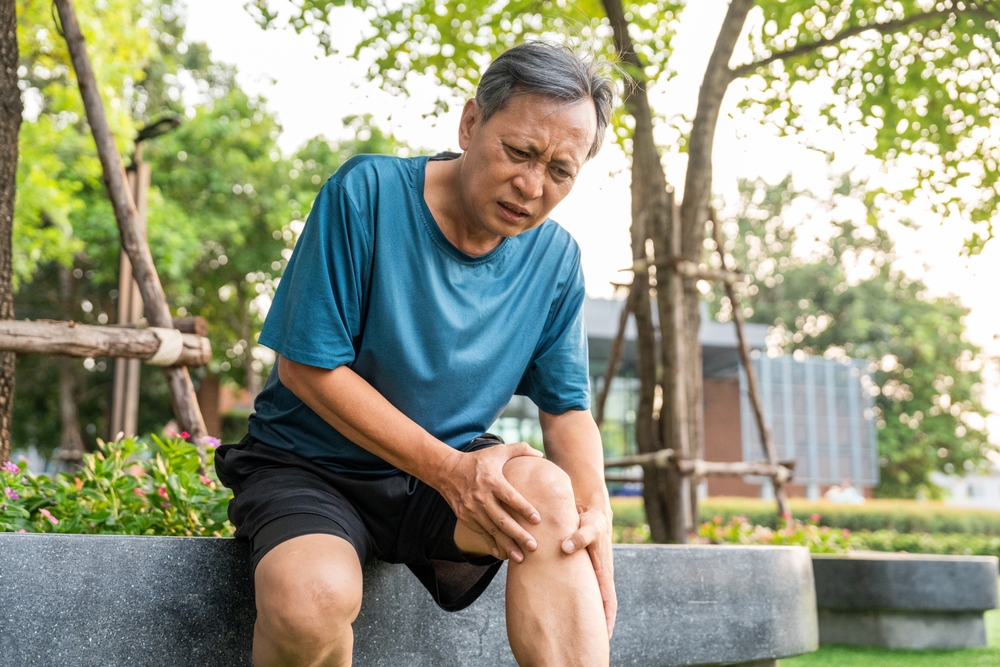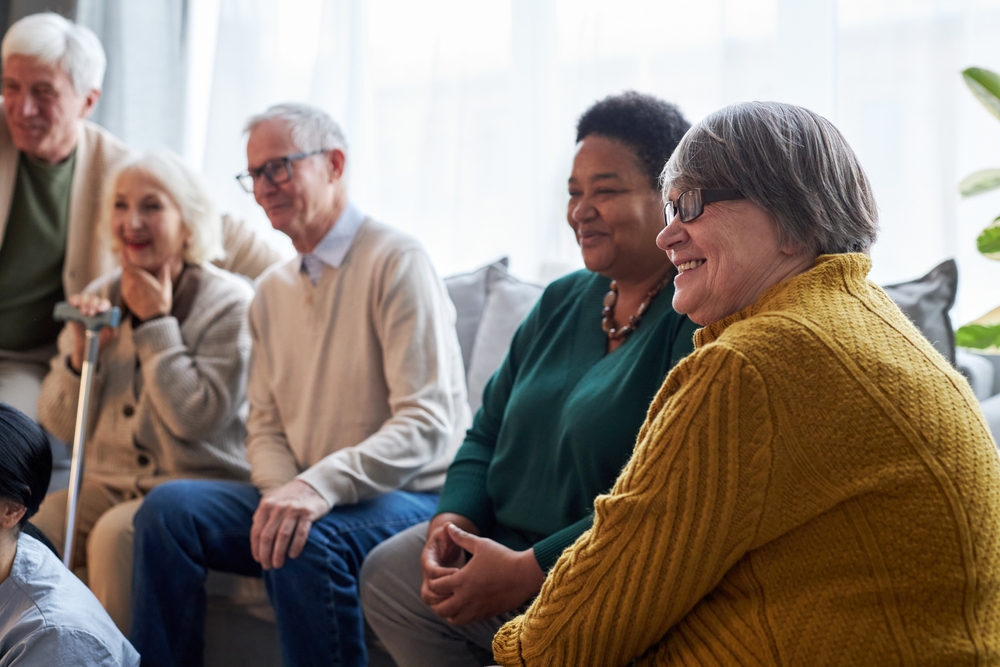Bowel Incontinence in Elderly Adults
Category:

We promise there are fun parts of getting older – retirement and freedom to go on exotic vacations whenever you want, senior discounts literally everywhere, being awesome at 70’s music trivia, and bragging to your kids about how you saw Star Wars: A New Hope in theatres. This article, however, is not about any of those things. It is about a much less fun topic: bowel incontinence in elderly adults.
What is Fecal Incontinence in Elderly Adults?
Bowel or fecal incontinence is the inability to control bowel movements. It can refer to minor leakages that occur while passing gas to complete loss of bowel control. It can happen temporarily, perhaps during bouts of diarrhea, or can be a permanent condition due to muscle or nerve damage. Luckily, there are treatments available and despite being a somewhat uncomfortable topic, don’t be afraid to discuss it with your doctor and see what they can do to help.
Causes of Bowel Incontinence in Elderly Adults
Some common causes of incontinence in elderly adults include:
-
Muscle damage – can be caused by childbirth or as a result of some surgeries
-
Nerve damage – often occurs after a stroke or spinal injury, but can also be caused by constant straining during bowel movements or some diseases.
-
Constipation – chronic constipation can eventually cause the muscles around the rectum to stretch or weaken
-
Diarrhea – very loose stool is more difficult to retain in the rectum
-
Hemorrhoids – hemorrhoids can get in the way and prevent the rectum from closing. Surgery to remove hemorrhoids can also cause temporary damage to the rectum.
Treatment for Bowel Incontinence in Elderly Adults
While bowel incontinence can not always be cured (depending on its root cause) it can be effectively managed. Some suggestions that can help with incontinence in the elderly include:
-
Diet – staying hydrated and eating a high fiber diet with a variety of fruits and vegetables can help regulate bowel movements and prevent constipation.
-
Kegel exercises – Kegel exercises (which are not just for women) help strengthen the pelvic floor muscles and muscles around the anus, which can prevent leaks.
-
Scheduled toileting – Using the bathroom at the same time every day can help train your body to only “go” at a specific time. Be sure to give yourself enough time to use the bathroom – rushing will only exacerbate issues. Medical professionals suggest around 9 minutes for a complete bowel movement.
-
Over-the-counter medicines – Occasionally doctors may recommend OTC medication to help control incontinence symptoms. The medicine you need will depend on your specific issue so be sure to consult with your doctor before choosing a medication.
It is obviously an understatement to say bowel incontinence is no fun at all. Those who suffer from it can experience embarrassment, anxiety, and other emotional distress. But there are options that can help, so be sure to speak with a doctor and determine what can be done to help.
Now go beat some obnoxious twenty-somethings at 70’s trivia night!
Subscribe
Date: 2021-09-28
Category:


